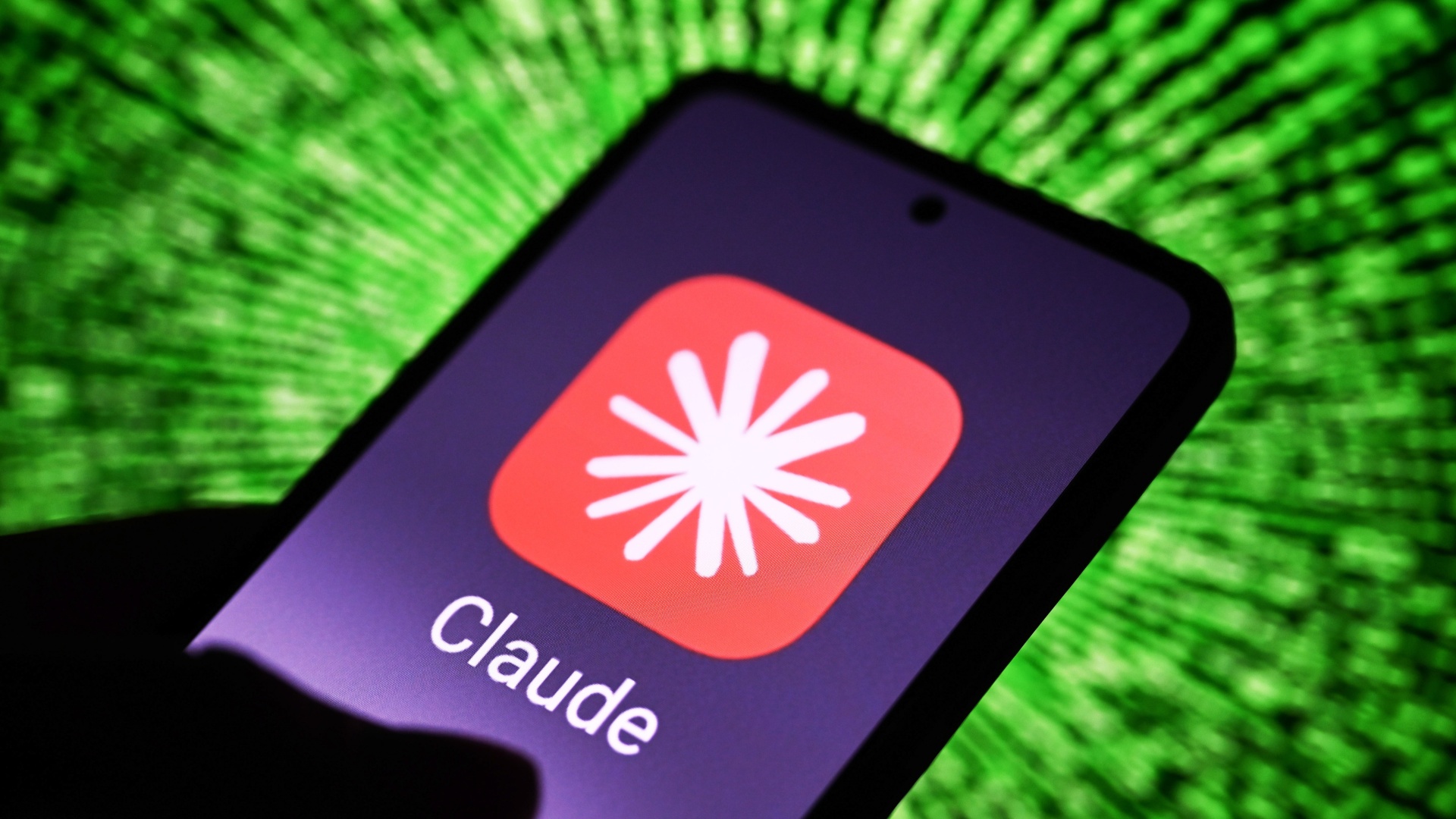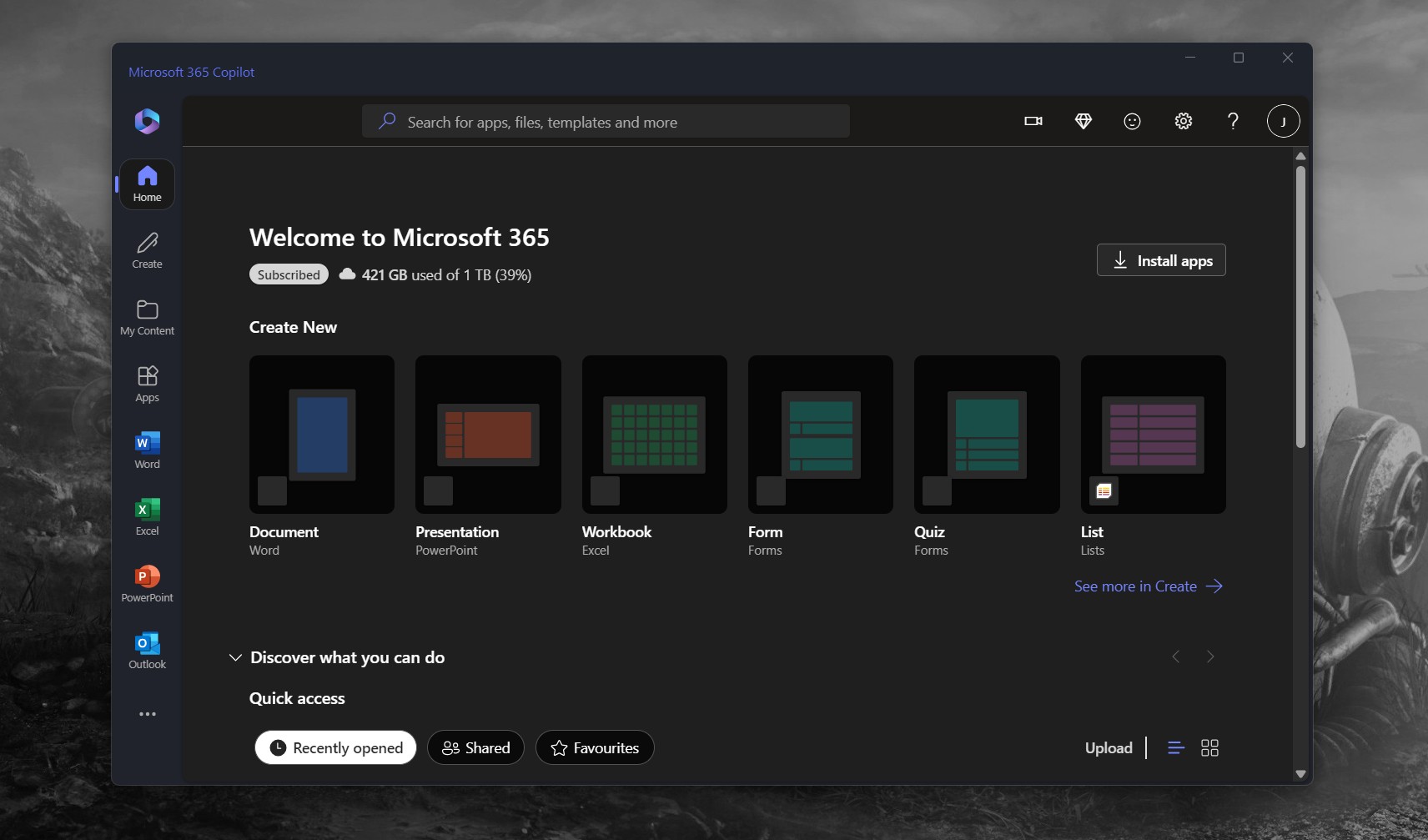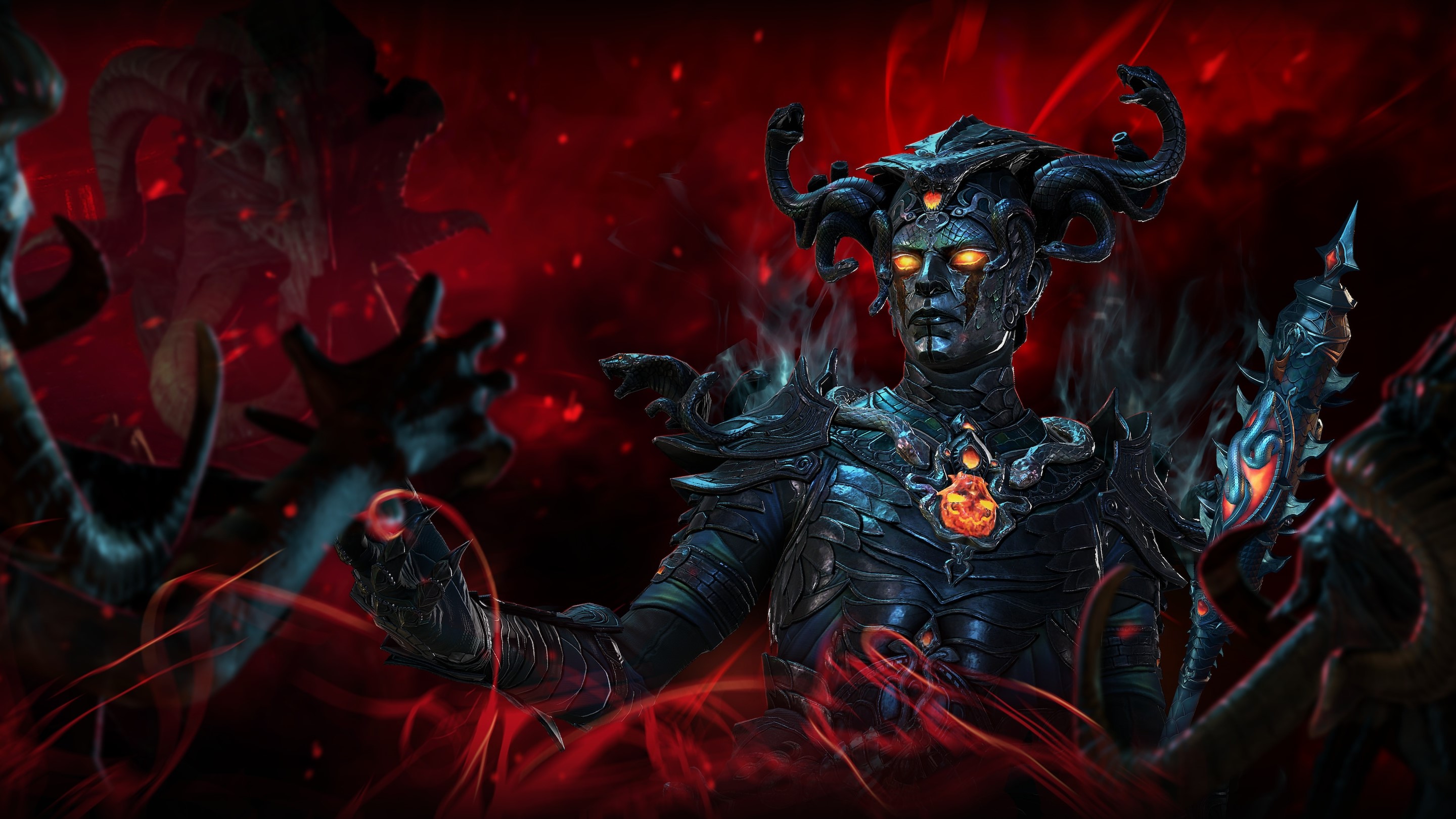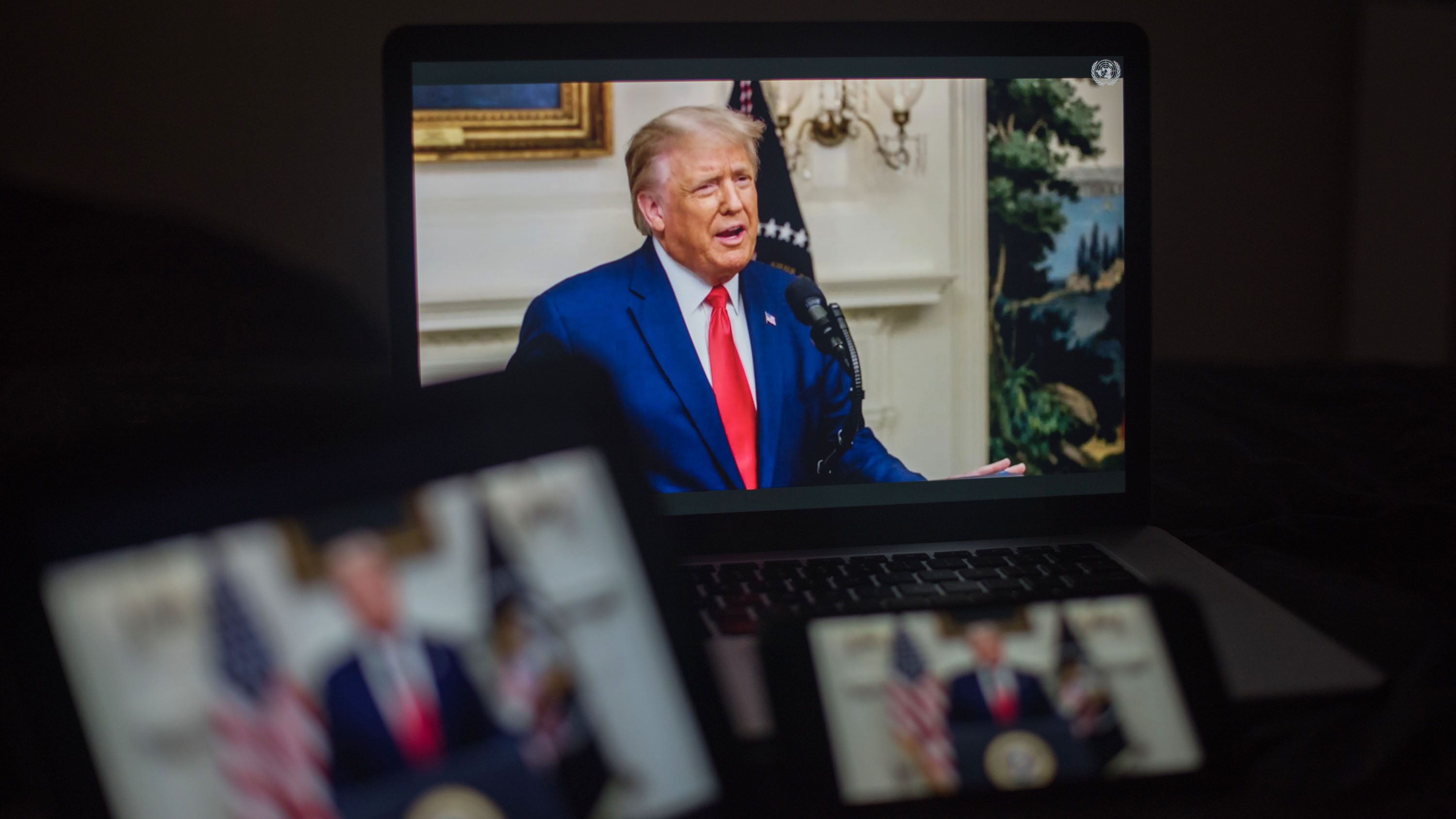When you purchase through links on our site, we may earn an affiliate commission.Heres how it works.
Chinese AI startupDeepSeekburst into the AI scene earlier this year with its ultra-cost-effective,R1 V3-powered AI model.
OpenAI lodged a complaint, indicating the company used to train its models to train its cost-effective AI model.
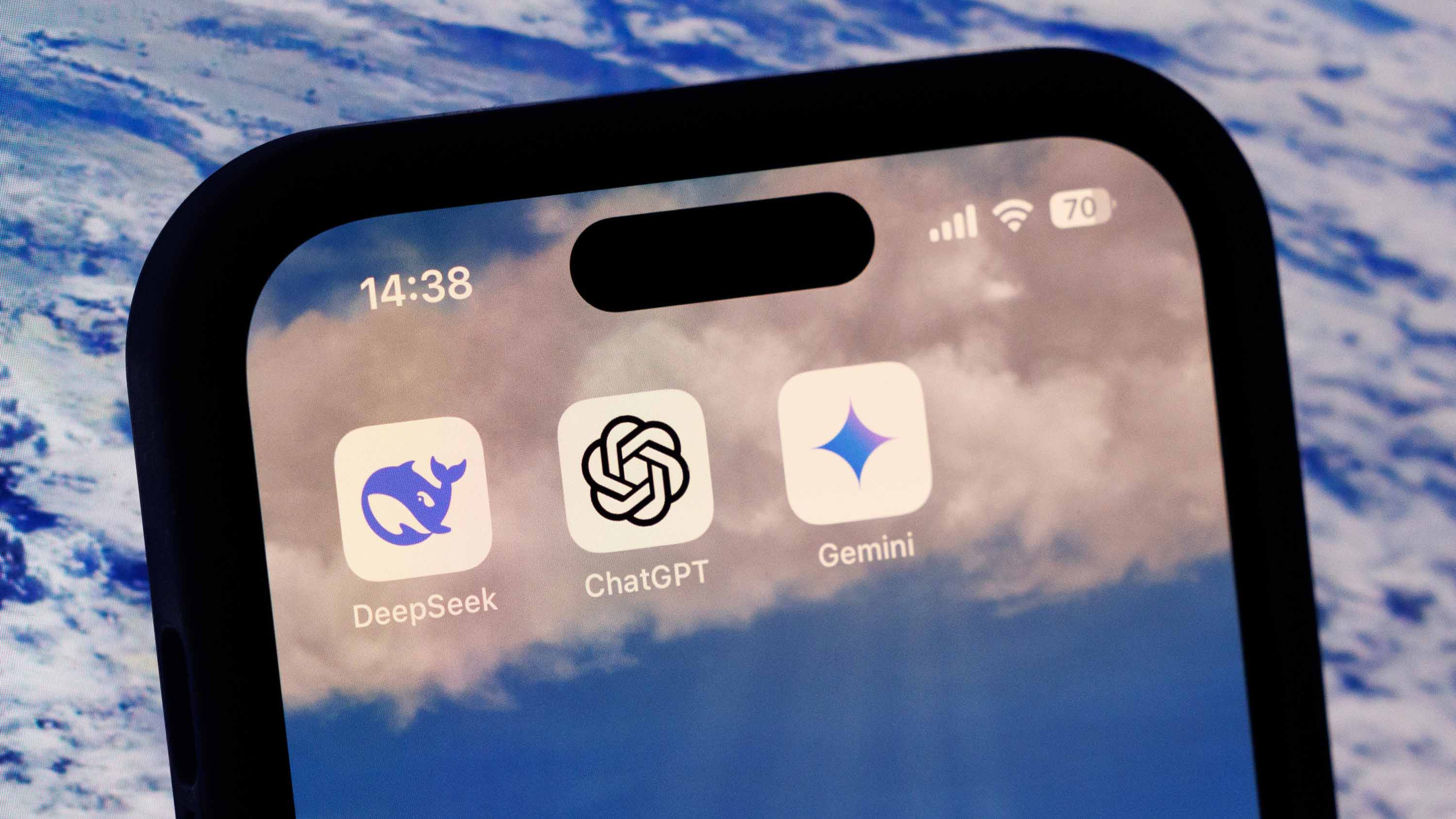
Did DeepSeek copy OpenAI’s homework?
The ChatGPT maker claimed DeepSeek used “distillation” to train its R1 model.
As such, the company reduces the exorbitant amount of money required to develop and train an AI model.
And as it now seems, OpenAI’s accusations seemingly hold some water.
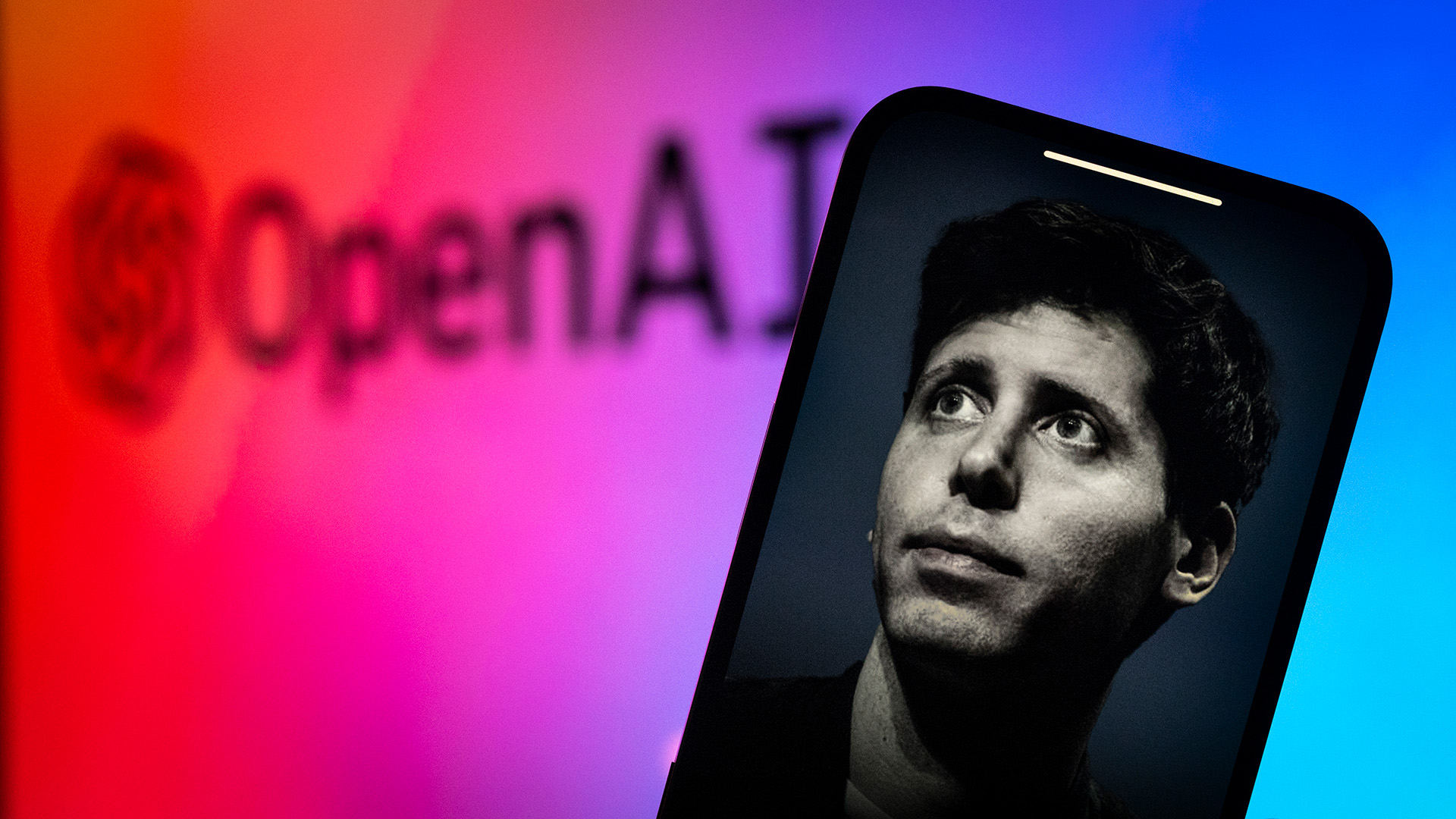
OpenAI is no stranger to copyright infringement issues.
A new study by AI detection firmCopyleaksreveals that DeepSeek’s AI-generated outputs are reminiscent of OpenAI’s ChatGPT.
Perhaps more concerning, the study’d findings revealed a 74.2% resemblance (viaForbes).
Did DeepSeek train its AI model using OpenAI’s copyrighted content?
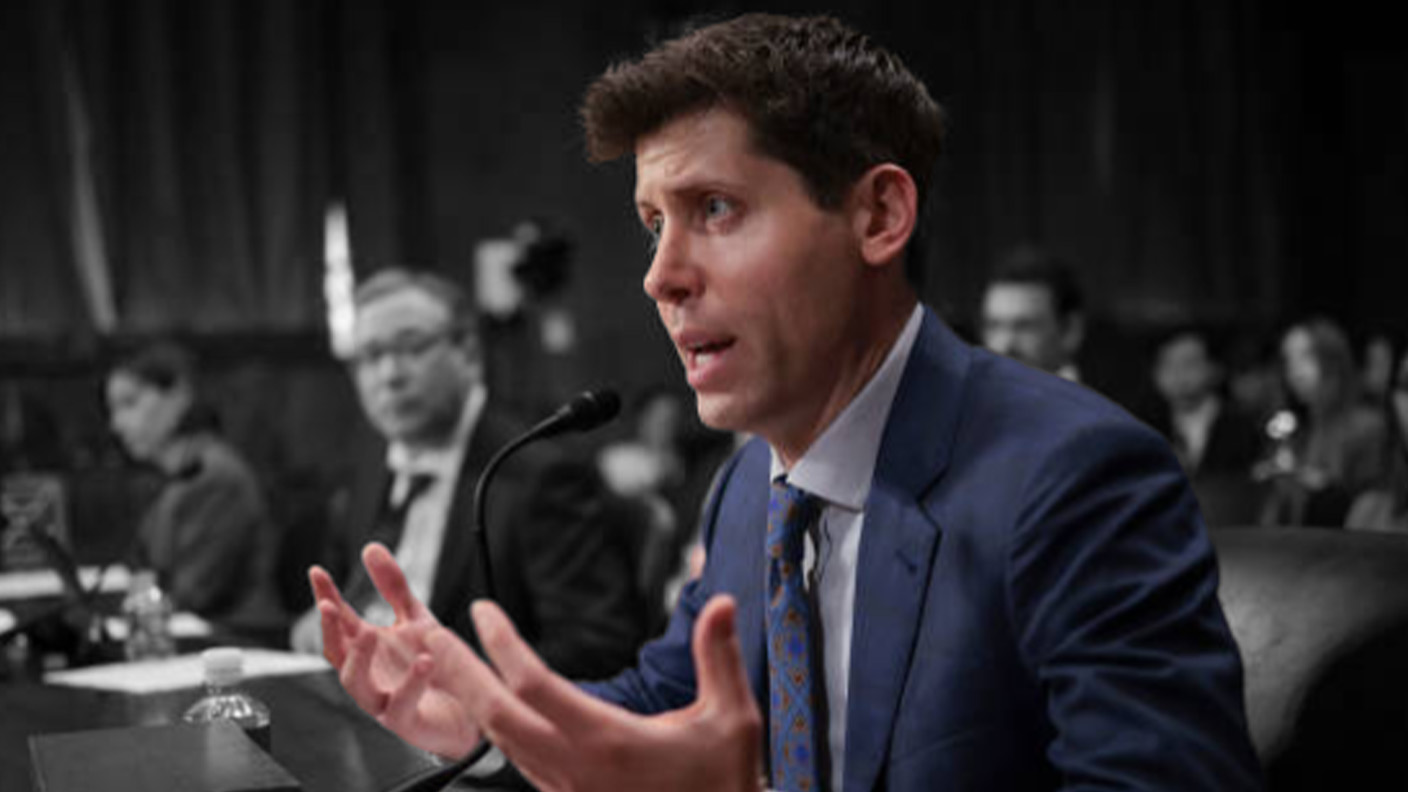
For this specific study, the classifiers unanimously voted that DeepSeek’s outputs were generated using OpenAI’s models.
Classifiers use unanimous voting as standard practice to reduce false positives.
Our research specifically focuses on writing style; within that domain, the similarity to OpenAI is significant.

What’s next for DeepSeek if found guilty of copyright infringement?
For instance,eight news publishers filed copyright infringement lawsuits against Microsoft and OpenAIearlier this year in May 2024.
However, the executive admitteddeveloping ChatGPT-like tools without copyrighted content is virtually impossible.

